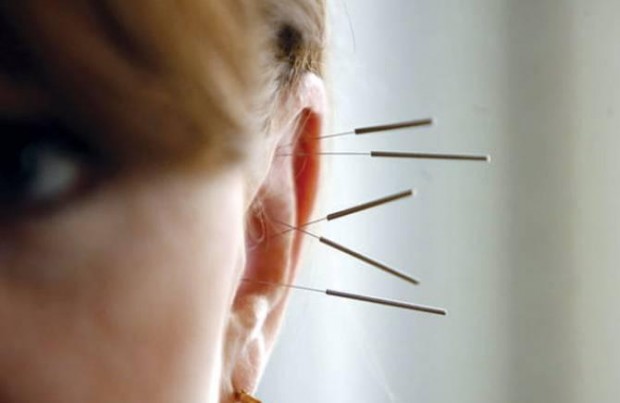Even though weight loss surgery for teens is on the rise, it still represents less than one percent of all weight loss surgeries performed. In the case of a child having this surgery, doctors like to take a look at how the weight poses a threat to their health against the risks of such a surgery.
An obese child has a greater risk for brain pressure that can lead to vision problems, breathing issues, diabetes, joint issues, and liver problems. Losing the weight will help to alleviate these potential health hazards. The issue with surgery is that there have not been any in-depth studies that having the surgery as a teenager will actually help them in the future.
Having weight loss surgery will not assure that all the weight will come off or stay off. Surgery should not be considered an alternative to proper diet and exercise.
Before the surgery is even considered the teen will have to go through a panel of evaluations and tests given by experts in adolescent medicine to determine if it’s necessary and could be helpful. Because of the lack of studies on the issue, there are no pat guidelines as to what age a teen should be to have the surgery. Much of it depends on the teen, the amount of weight that needs to be lost and their general health condition. Surgery of this nature is determined on an individual basis.
Basic Guidelines for Weight Loss Surgery in Teens:
Should be severely overweight and considered obese or fat. Their body mass index should be in excess of 40. Have reached the point of full-grown bones (skeletal maturity). Commonly this happens for boys at around age fifteen and for girls at around age thirteen. Have not succeeded with at least six months of doctor-managed weight loss programs. For girls, avoid pregnancy for up to one year after surgery. Agree to a very strict diet following surgery. Be of sound mind, able to make reasonable decisions. Very important – must have an encouraging home environment.
Reasons Against Surgery:
If either the teen or the guardian(s) of the teen, do not fully understand all the risks for weight loss surgery. If there’s a medical treatment already available to fix the weight problem. Any type of prior drug abuse. Pregnant or planning to become pregnant within two years of the potential surgery.
Weight loss surgery for teens shouldn’t even be considered unless all other methods of losing weight have been exhausted and only if the weight can pose a big health concern for the present and future. Surgery should be, in all cases, a last ditch effort in losing weight.






